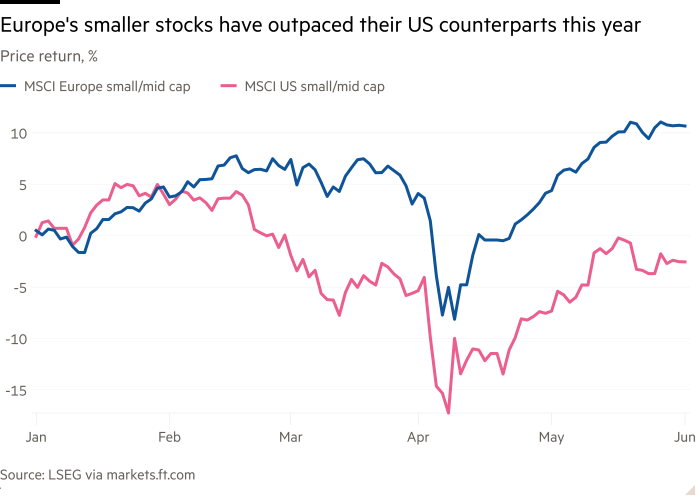William F Buckley and the revolution that wasn’t

Stay informed with free updates
Simply sign up to the Life & Arts myFT Digest — delivered directly to your inbox.
He must have a shout as the most successful journalist ever. Through his efforts on the page and on the screen, William F Buckley aroused a rightwing movement in America that has never really subsided. A line runs from God and Man at Yale, the tract he wrote at the age of 25 against his liberal tutors, to Donald Trump’s raid on universities a lifetime on. While hardening the substance of conservatism, he softened it in style, into a kind of entertainment, next to which liberals came across as a drag to be around. (Quite the switch from the time when Nixon and Kennedy were thought to be characteristic of each side.) The thousand-plus pages that his biographer Sam Tanenhaus has just devoted to Buckley is too much, but not much too much.
Just one quibble. The book is about “the Revolution that Changed America”. Changed?
Because its electoral success is so great, something goes unsaid about the American right. It has lost on almost every single front that it has fought. Same-sex marriage is law, with overwhelming public support. The welfare state has grown from around 5 per cent of US GDP when Buckley founded National Review to around 20 per cent now. The foreign-born share of the population has been rising since the 1970s. Church membership has been dwindling for almost as long. Pornography has proliferated while the fertility rate has gone down. Obamacare commands close to two-to-one public backing. “Red” China was recognised (to Buckley’s heartbreak) and now rivals the US.
In 60-plus years, the “revolution” has scored victories on abortion and affirmative action, and those are recent. The rest of the record is tenuous. Some marginal tax rates fell, but the result was more borrowing rather than less government. The fall in crime is hard to attribute to a particular cause. What else? Buckley would be pleased with the right’s embrace of Catholicism, but that is a house matter for conservatives. And that’s about it. The “Movement” is discussed with an awe, including by its opponents, that is out of scale with its tangible imprint on America.
Perhaps things would be worse (or better, according to taste) without them. But then don’t call it a revolution. It is, at most, a spoiler on the runaway jet of social change. Also, how many more defeats could there possibly have been? Tanenhaus wisely ducks the question of what Buckley would have made of Trump, but the fact that conservatives embrace someone so louche and philosophically all-over-the-place is itself a mark of cultural liberalisation. That conservatives are still grumbling about universities, often with reason, betrays their impotence. I take the dissenting view that Buckley edged the 1968 debates with Gore Vidal, who used humour too often as a get-out. But it should be clear which man would be more at ease in the 2020s.
I say all this as someone who wishes the right had won one or two more of its battles. It would be just grand to visit a museum without having to fend off tendentious bumf about “power structures”. Public debt levels suggest that people’s demands of the welfare state are untenable. But if all this is true after half a century or more of the conservative awakening, what does that say? That election-winning and office-holding are overrated. That even control of the media doesn’t bring much purchase on the course of society, which has an internal logic and momentum.
In the end, was Buckley’s a failed life, then? Only if you assume that “change” is what the right wants. I am no longer sure it is. A group of people often derives its solidarity from defeat or retreat. Think of the place that Dunkirk has in the British imagination. Or the Long March in Communist China’s. The Alamo inspired the losers. I have known enough movement conservatives to doubt if the conquest of “woke” would ever fulfil them as much as the struggle against it does. If they won outright, where, in an atomised age, where would they find such togetherness and purpose again? The movement is the end, not the means, and they owe it to one man.
Email Janan at janan.ganesh@ft.com
Find out about our latest stories first — follow FT Weekend on Instagram, Bluesky and X, and sign up to receive the FT Weekend newsletter every Saturday morning






